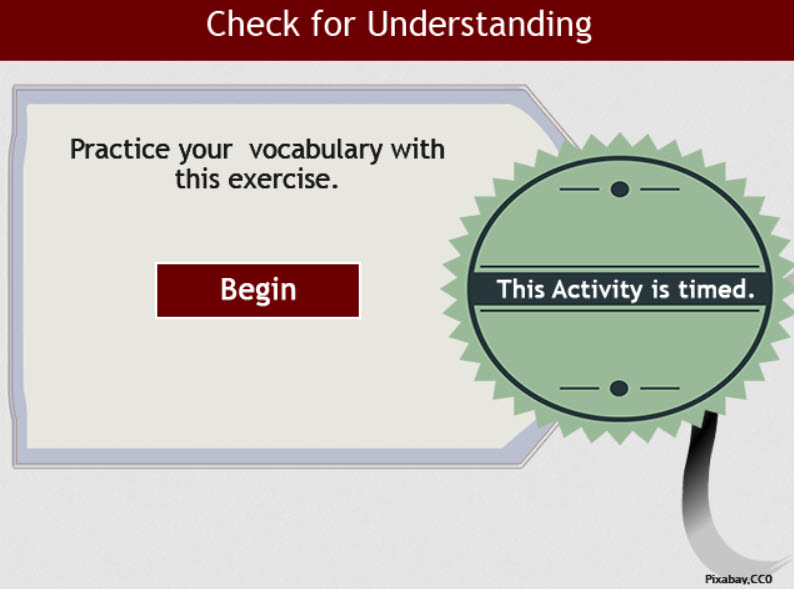![]() Department Store デパート
Department Store デパート
 There are several large department store chains in Japan. The largest shopping zones in Tokyo are at Shinjuku しんじゅく(新宿), Ginzaぎんざ(銀座), and Shibuya しぶや(渋谷), where several department stores can be found side by side.
There are several large department store chains in Japan. The largest shopping zones in Tokyo are at Shinjuku しんじゅく(新宿), Ginzaぎんざ(銀座), and Shibuya しぶや(渋谷), where several department stores can be found side by side.
Many floors of most department stores usually feature women’s clothes. On basement floors one can usually find a food department, while one or more floors in the top of the building are restaurant floors featuring various restaurant types such as Japanese, Chinese, and Western foods.
The service in a Japanese department store is generally excellent. Personnel stand ready everywhere in order to greet the customers. The standard greeting is いらっしゃいませ. Many elevators are operated by elevator ladies who announce the floors and open and close doors. The goods are presented very beautifully, and much care is given to nicely packaging and wrapping any merchandise that is purchased.
Every department store chain closes its stores on one day during the week. On weekends and most national holidays, all department stores are usually open since Saturdays, Sundays and holidays are the most popular shopping days.
(Japan-Guide)
![]() Superlatives
Superlatives
You reviewed how to “compare” things earlier in this unit, and you will now review how to form “superlatives” in Japanese when talking about what it the “best” of a category. For example, saying something is “prettiest” or something is the “fastest”.
One pattern that can be used to say something is the “best” or “most” in its category, is to use the phrase for “number one” and the adjective for “good/okay”.
けんじさんが クラスでいちばんハンサムです。
まいこさんが クラスで いちばんきれいです。
ようすけさんが クラスでいちばんあたまがいいです。
えみさんが クラスでいちばんやさしいです。
| To say something is the “best” or “most” of something | Aがいちばん(一番)Adjectiveです。Or Aが一番Adverb+Verb。 |
Examples:
- けんじさんがクラスでいちばん(一番)ハンサムです。 Kenji is the most handsome (person/guy) in the class.
- まいこさんがクラスで一番きれい(綺麗)です。 Maiko is the prettiest (person/girl) in the class.
- ようすけさんはクラスで一番あたまがいい(頭が良い)です。 Yousuke is the smartest (person) in the class.
- えみさんがクラスで一番やさしい(優しい)です。 Emi is the kindest person in the class.
- おすし(お寿司)とてんぷら(天ぷら)が一番好きです。 (Subject-I) like sushi and tempura the best.
- ゆりこさんは一番はやく(早く)はしります(走ります)。 Yuriko runs the fastest.
![]() Writing Practice
Writing Practice
Practice these superlatives by saying that these people are what the adjective indicates. Write your answers in your notebook and then click on each item to see the correct response.
| プライアン/せがたかい(背が高い) | プライアンさんがじゅぎょう(授業)でいちばん(一番)背が高いです。 |
| スーザン/つよい(強い) | スーザンさんが授業で一番強です。 |
| アーサー/せがひくい(背が低い) | アーサーさんが授業で一番背が低いです。 |
| トーマス/あたまがいい(頭が良い) | トーマスさんが授業で一番頭が良いです。 |
| リンダ/つまらない(詰まらない) | リンダさんが授業で一番詰まらないです。 |
![]() Past Tense Review
Past Tense Review
Read this paragraph and review the verbs or adjectives used in the past tense. Use the charge below to check your answers on the meanings of these past tense verbs or adjectives.
今日私はがっこう(学校)に行きました。学校でたくさんべんきょう(勉強)しました。 たくさん書きました。学校のあとで、しゅくだい(宿題)をしました。宿題のあとで本をつくえ(机)に 置きました。寝るまえ(前)に、おんがく(音楽)を聞きました。 ねよう(寝よう)としたとき(時) (when I was about to sleep)、でんわ(電話)がもんだい。 ともだち(友達)は電話をして、もんだい (problem) があると言いました。学校から本をもって (持って)帰りませんでしたから、宿題が出来ませんでした。私はもんだいないと言いました 。宿題は明日までではありません。明後日までにすればいいので、あまりしんぱいない(心配ない)と言いました 。私と話したあとで、友達はうれしかったです。そして、明日もっと話すことにしました。
Let's see if you remember these verbs in the past tense. Click on each item to see the correct response.
| いきました(行きました) | Went |
| しました | Did |
| かきました(書きました) | Wrote |
| おきました(起きました) | Put/Prepared |
| できませんでした(出来ませんでした) | Could (do) |
| ききました(聞きました) | Listened |
| いいました(言いました) | Said |
| かえりませんでした(帰りませんでした) | Returned |
| うれしかったです(嬉しかったです) | Was Happy |
| はなしました(話しました) | Talked |
Please return to the Section 2 Tasks & Assignments folder to complete the graded assignments for Section2, Part C.


